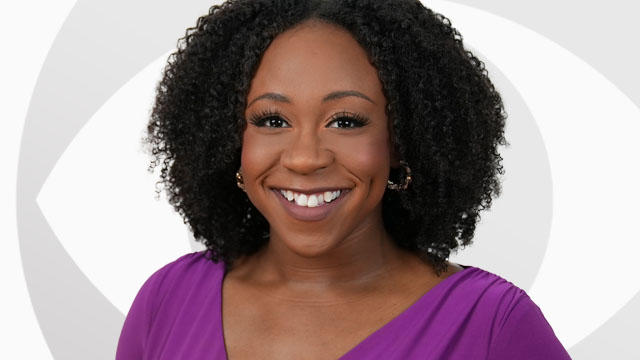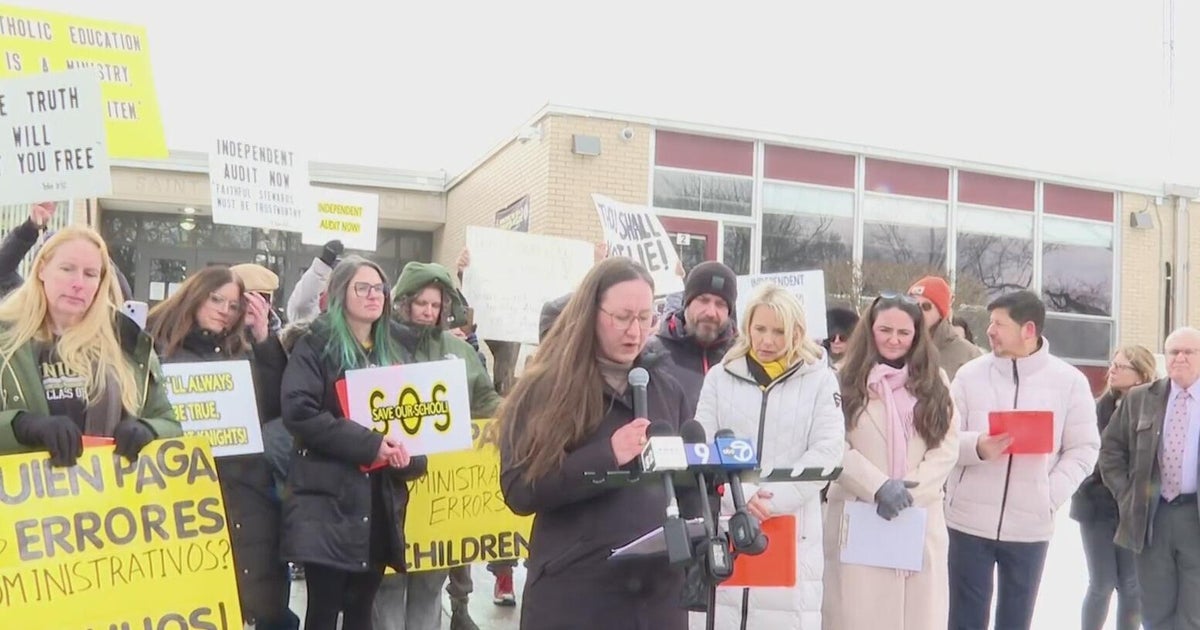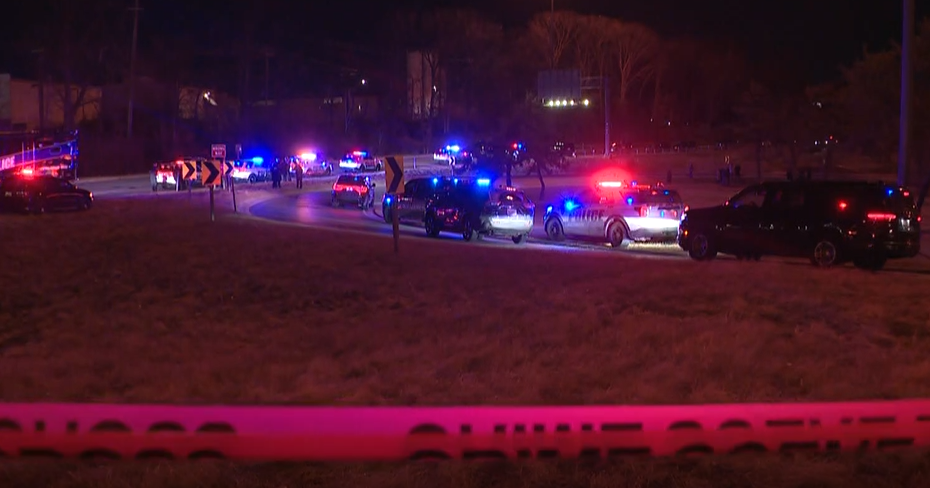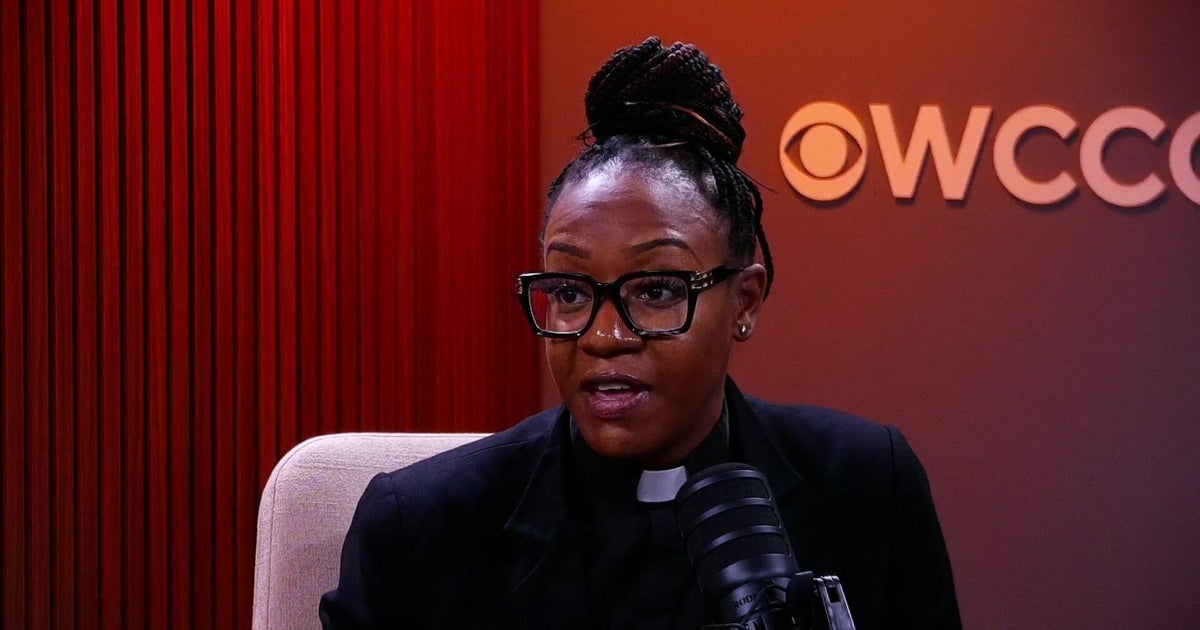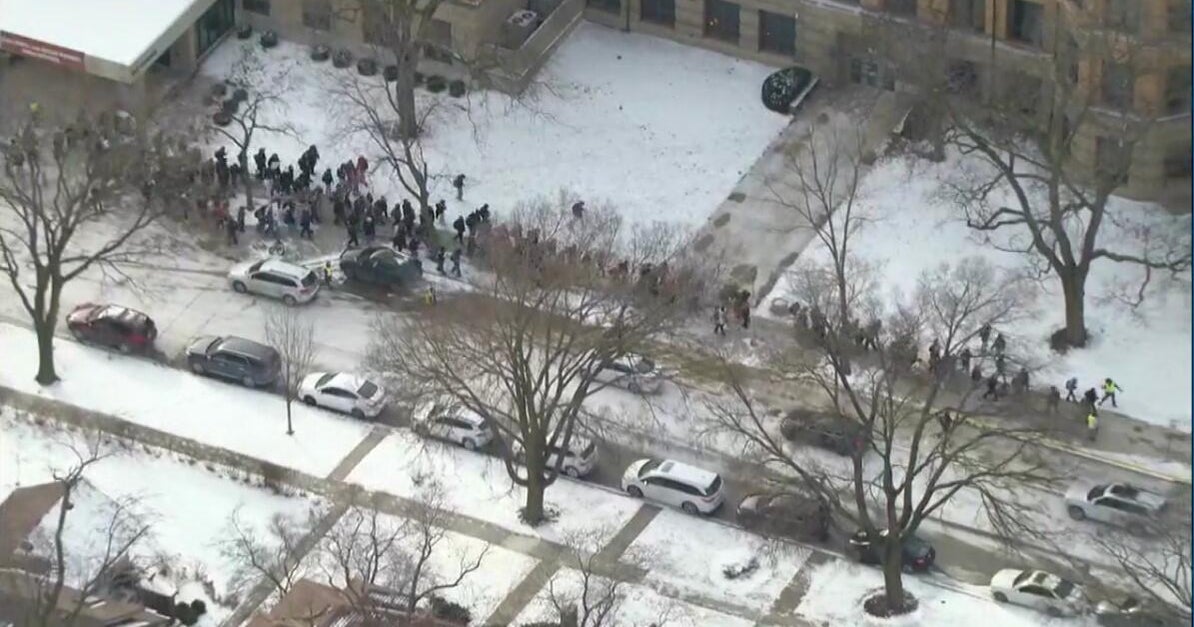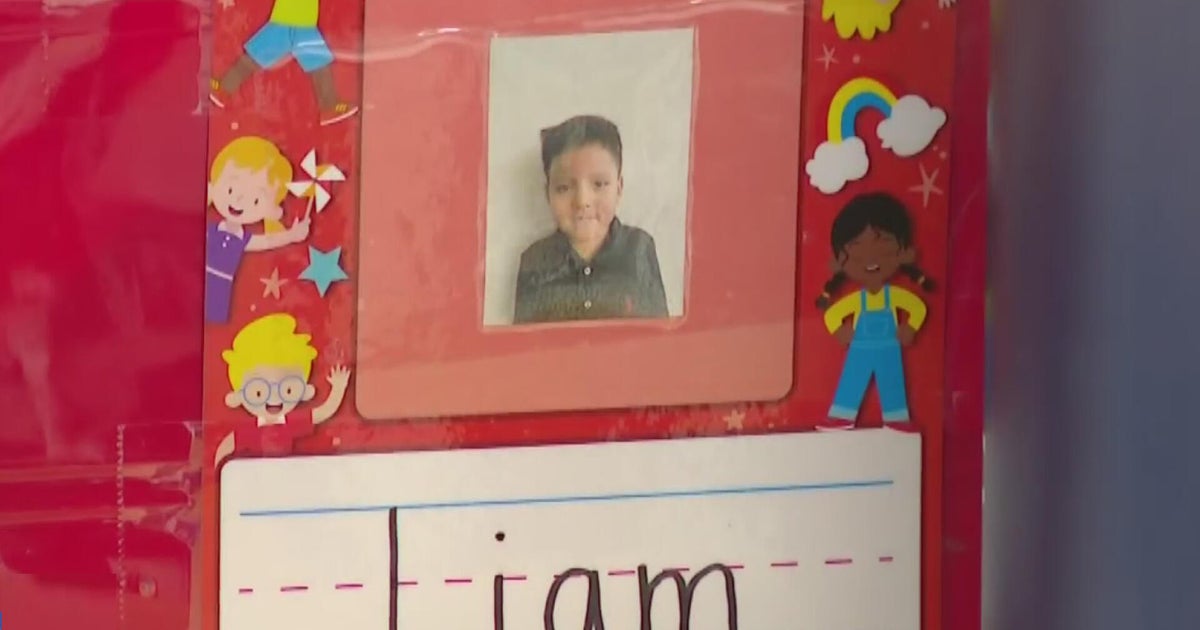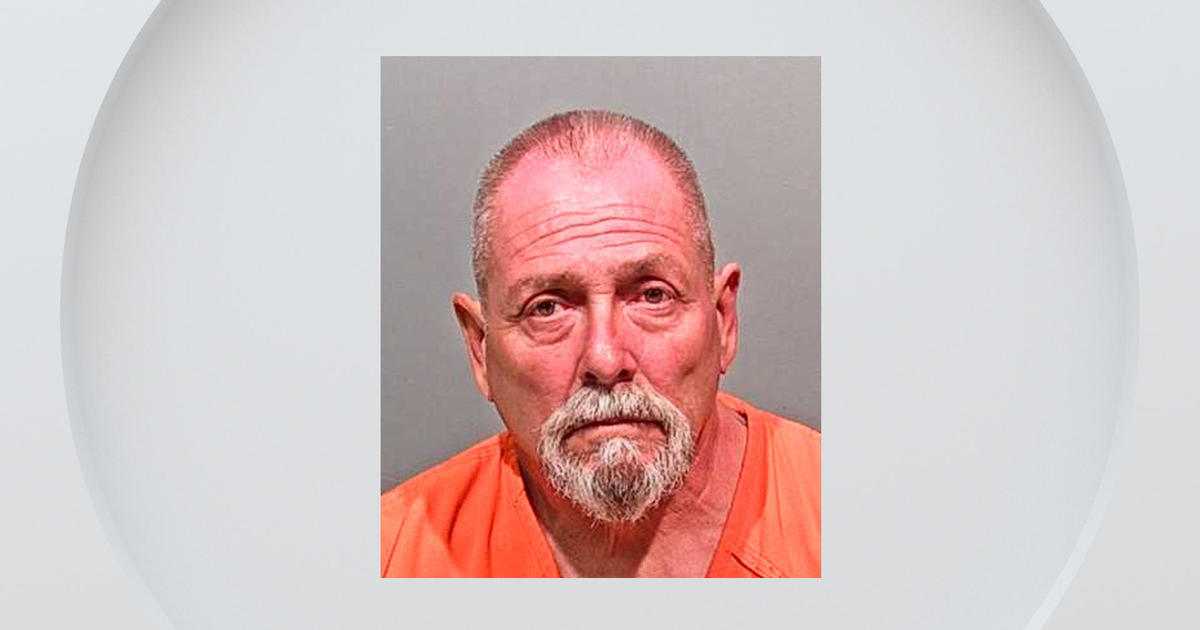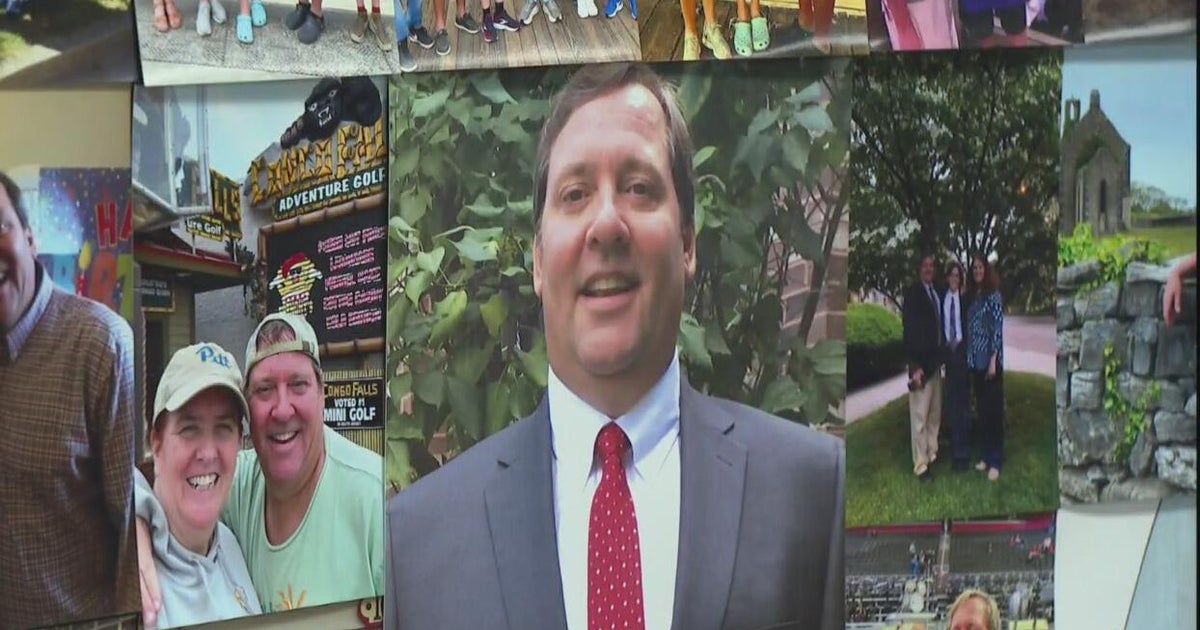Unschooling: A way of learning outside of school and it requires no lessons, tests or grades
BALTIMORE — What if your child didn't go to school?
Believe it or not, some parents don't send their children to school five days a week, and it's called unschooling.
It is a growing and sometimes controversial approach to homeschooling.
Rather than using a defined curriculum, unschooling parents trust their kids to learn organically. Unschoolers are focused more on the experimental process of learning and becoming educated, rather than with "doing or going to school."
Baltimore Unschooling Cooperative
WJZ's Janay Reece spent an afternoon with Baltimore Unschooling Cooperative to learn more about unschooling, and to see how this form of education works
Carrie Herzberger and Laura Baltatzis lead and run the Baltimore Unschooling Cooperative.
Baltatzis began the co-op in 2016 and describes it as a community that emphasizes self-directed learning in nature. It's a community for parents and their kids to learn together.
"Our role as unschooling parents— and correct me if I'm speaking for you— is to provide the rich opportunities for our students, our children to take advantage of," explained Baltatzis. "And so we've crafted this co-op to meet the needs of our kids and lots of other families too."
The co-op is made up of 25 families including Herzberger and Baltatzis own children.
"I have five friends in our co-op that we are really close. I think it is nice that we get to spend time with them," said Laura's son, Marko Baltatzis. "You get more free time. You have to play outside. There are not as many rules."
"She used to be a teacher and now she is my teacher," said Zoe Herzberger, Carrie Herzerberger's daughter.
Together co-op parents work their full or part time jobs all while making sure their children gain the educational or life experiences they need while unschooling.
Unschooling across Maryland
Homeschooling and unschooling are legal in all 50 states, including Maryland.
The U.S. Census Bureau found that 3.7% of K-12 students in Maryland, on average, were homeschooled during the 2022 to 2023. Within this group of homeschoolers — are where we find – unschoolers.
There's very little data on unschoolers specifically, but according to research by Dr. Kellie Rostad, an unschooling mother and associate professor at the University of Maryland. You can read that research here.
Dr. Rolstad learned in her own unschooling experience that many homeschoolers are actually unschoolers — meaning their parents chose not to instruct their children using any sort of curriculum.
"We think of it as child-directed parent facilitated, as opposed to parent-directed parent facilitated," said Baltatzis.
"In Maryland, you can piece together your education however you see fit as long as you are providing regular and thorough instruction to your children in the subject commonly taught in school," explained Herzberger.
Maryland law states that each child who resides in the state and is five to 18 years old should attend a public school regularly during the entire school year unless the child is otherwise receiving regular, thorough schooling during the school year in the studies usually taught in the public school to children of the same age.
Unschooling focuses on the child, and it's driven by their interests, learning style, and personality.
With no required curriculum, no testing, or a daily schedule, the day and what is studied are left up to each student to decide for themselves.
"So, the learning is obviously still happening, it's just not in a check the box line by line-by-line sort of way," said Herzberger.
"As unschoolers we have the trust in our children that children will naturally learn. They're naturally curious just in the same way that a toddler learns to speak and talk," explained Herzberger.
Students are free to learn, explore, and reflect at their own pace in a way that works best for them.
What does a typical day look like?
Unschoolers are exposed to almost all basic subjects, they just don't attend a public or private school or follow a particular schedule. Every day looks a little different.
"It's not every Monday, Wednesday, Friday, we're out —it changes each week based on the people we're seeing and the activities we're doing," said Herzberger.
Herzberger and Baltatzis explained that they do not let their children simply 'run free' every day. They present the opportunities for them to learn whether they're outdoors at a library or a museum.
"Once you're ready to learn it, it just clicks," said Baltatzis.
If there's no internal expertise within their co-op and there is enough interest in a topic, parents and/or students may seek outside resources to cover that topic.
They believe their children will learn what they need to as they find a career path or what they want to study in college. Baltatzis said once her children find out what they want to study when they're older, they work towards that subject.
"When kids are given the freedom to learn these things in their own time, the prerequisites you need to have in order to be able to get into these programs — you just start working off the list," explained Baltatzis.
"And the kids are going to learn what they are exposed to— situations that are ripe learning environments," said Herzberger.
"Any subject matter you can learn but it's the self confidence, the sense of person —who you are, that's harder to teach. And while you really can't teach it, you can only learn it," said Baltatzis.
To learn more about the Baltimore Unschooling Cooperative you can visit their website: https://baltimoreunschoolingcoop.com
